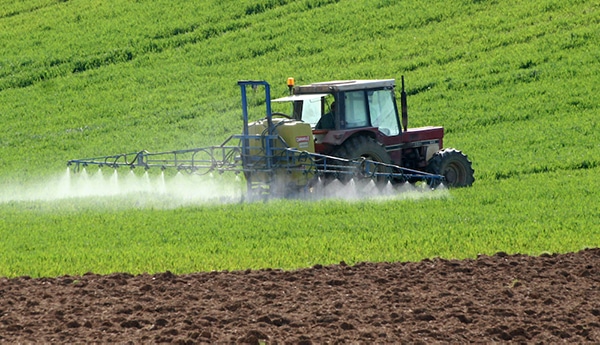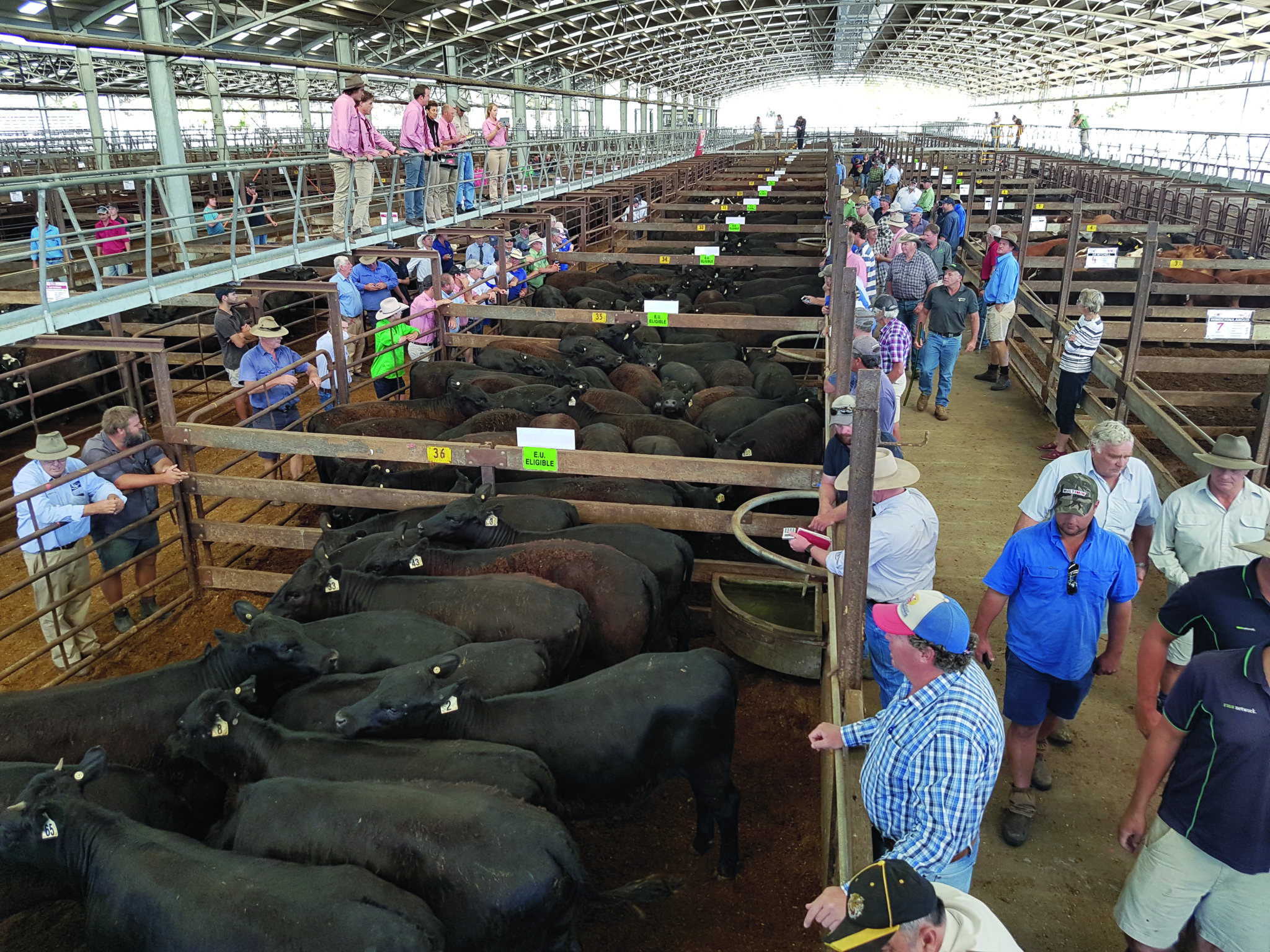Whether it’s delivering the world’s first Regenerative Agriculture degree, working with farmers on agroforestry projects or aquaculture breeding programs, Southern Cross University collaborates with communities and industry to solve some of the world’s greatest challenges.
Drawing on Southern Cross University’s specialist expertise in plant science, agronomy, ecology, agroforestry, environmental chemistry and socio- ecological systems, our courses delve into the emerging practices of, and growing evidence-base for regenerative agriculture, examining human ecology, agroecology, regenerative agricultural strategies and soil management. Our students develop the capacity to produce regenerative strategies for farms and across landscapes.
Dr Hanabeth Luke, course coordinator for the Regenerative Agriculture course said “What’s really exciting about regenerative agriculture is all the different types of people from different areas and farming systems coming together for australian farming.
“That includes full-time farmers, hobby farmers and a third have no farming background but are wanting to get involved and make a difference. Students are inspired by the different practitioners throughout the program who share their regenerative practices across a range of industries to understand and see how it is working across Australia and internationally” said Ms Luke.
Our undergraduate and postgraduate regenerative agriculture degrees are designed for those wanting to be part of a new way of farming that better supports, and is supported by natural processes, building more resilient farms and farmers in a future of increased seasonal and weather variability. With opportunities to attend on-farm practical sessions and field-based residentials, our students continue to build a portfolio of knowledge and skills.
Founder of Southern Cross University’s Regenerative Agriculture Alliance (RAA) and Southern Cross Strategic Projects Director Lorraine Gordon said there was high demand from farmers seeking this kind of qualification.
“In its first year, the Bachelor of Science with a major in Regenerative Agriculture became the most popular agriculture degree in the country,” said Ms Gordon.
“This is part of a huge movement that demands we think the way we produce food and how we look after the very source that provides such food – our landscapes, our soils. We need a change in paradigm, a new narrative, and to recognise the role we play in ecological health” said Ms Gordon.
The Graduate Certificate in Regenerative Agriculture is designed for students from multi-disciplinary, science, agriculture and business backgrounds. The Bachelor of Science with a specialisation in Regenerative Agriculture provides a broader foundation and wider choice of unit selection. Students can now apply for Commonwealth Supported Program (CSP) funding for both programs.
For more information: scu.edu.au/regenerative-agriculture






